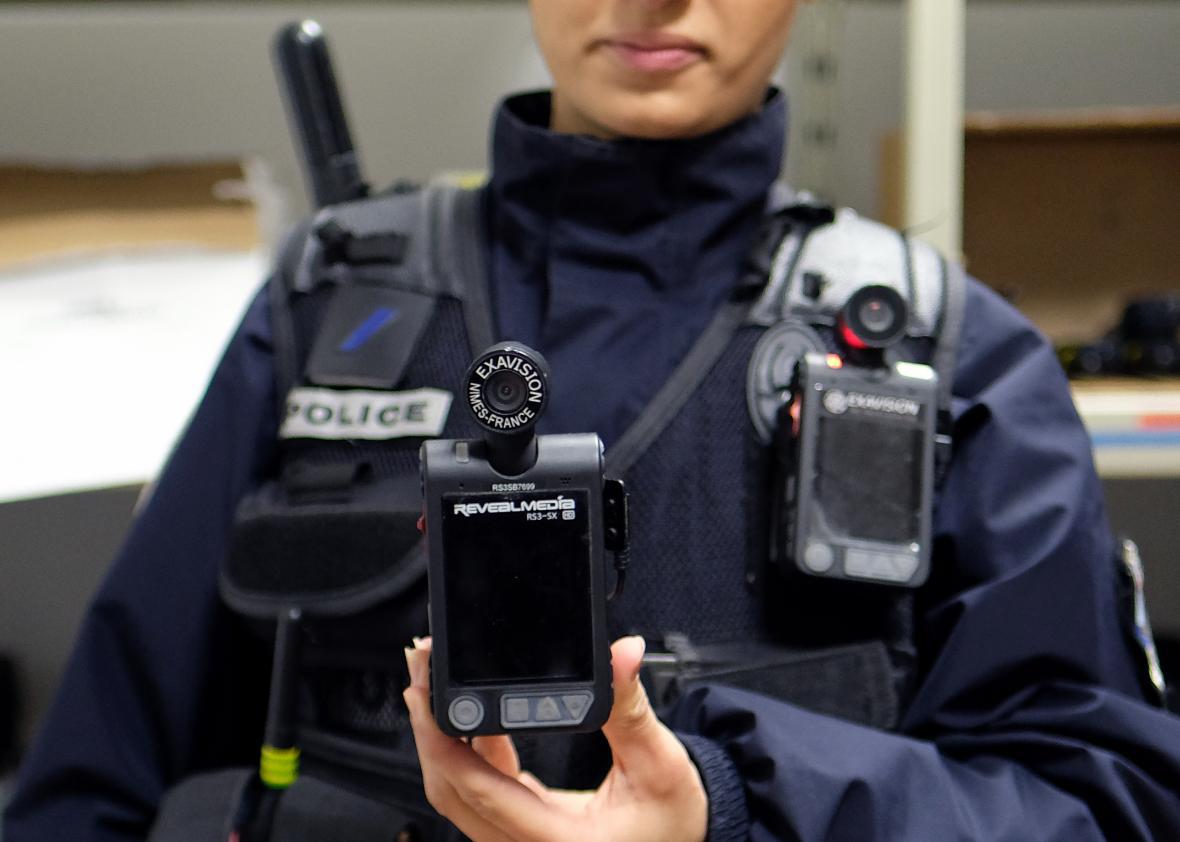Greetings, Future Tensers,
Last Wednesday a Guardian reporter was assaulted by Montana congressional candidate Greg Gianforte. In response, Dan Gillmor suggests it might be time for reporters to start wearing body cameras.
Nevertheless, Gillmor warns of the looming surveillance state, writing, “The more cameras we encounter in our daily lives, the more we’re being spied on, by governments, corporations, friends, and others. Technology is the modern double-edged sword, and a surveillance society feels like a cost not worth the benefit.”
Someone seemingly unconcerned with the burgeoning surveillance state is President Trump, who has reportedly been inviting world leaders to call him on his personal cellphone. Josephine Wolff gives us an odd silver lining, writing, “the security vulnerabilities that make it possible for foreign governments and savvy hackers to intercept these calls may well counteract any attempts to keep them secret or exempt from official logs.”
Other things we read this week while buying printer cartridges from third parties:
- Facial recognition technology: Vermont’s department of motor vehicles is in hot water after a report alleged that it used biometric facial recognition software to aid law enforcement investigations in defiance of state statutes.
- Man vs. machine: The Chinese government decreed that the Go matches between an artificial intelligence and Chinese national Ke Jie, the world’s top-ranked Go player, could not be broadcast live in any form. Ian Prasad Philbrick explains why.
- Emoji flags signal inclusion: Twitter gave visibility to Australia’s indigenous population by unveiling an emoji featuring both the Aboriginal and Torres Strait Islander flags—a small action that carries deep significance for Australia’s oppressed people.
- Uber oust: An internal email sent to Uber employees announced the termination of Anthony Levandowski, the embattled engineer at the center of Uber’s legal battle with Google over intellectual property and self-driving car technology.
Event:
Do you ever wonder what your dog really thinks of you? Researchers have been looking for answers in the new science of canine cognition. Bring your dog and join Future Tense at a happy hour conversation on June 14 in Washington, where we will explore what we know about how dogs think, how that informs their behavior, and their roles in our lives. RSVP to attend here.
covfefe,
Emily Fritcke
for Future Tense
Future Tense is a partnership of Slate, New America, and Arizona State University.
